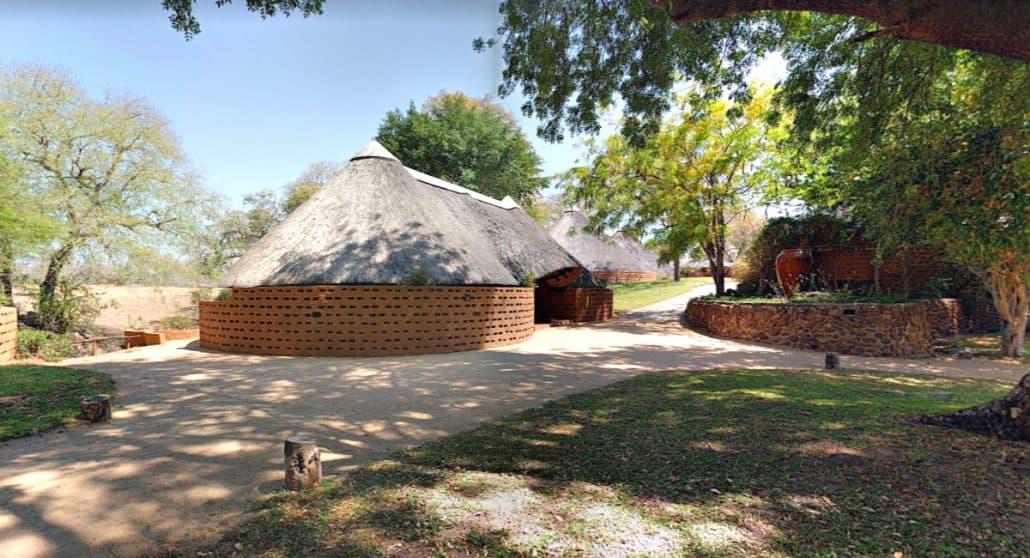In January 2016 we reported on the shady MalaMala land settlement deal and a joint investigation into the matter by Oxpeckers and Transparency International’s Land and Corruption in Africa programme. Questions were raised regarding the value of the deal, the speed at which it was pushed through, and the secrecy surrounding the proceedings.
At the time of the claim, MalaMala was valued at R750-million. South Africa’s Land Claims Court refused to pay this amount, and claimants lodged an appeal with the Constitutional Court. Before the case could start, however, an out-of-court settlement was made for an inflated sum of more than R1-billion of taxpayers’ money.
Now, Parliament’s portfolio committee on rural development and land reform has resolved to initiate a forensic investigation into the deal, according to a statement released by the DA. Issues to be probed include the question of why the final settlement amount was so much higher than the value of the land, as well as a note in the report of the high level panel on the acceleration of fundamental change, chaired by former president Kgalema Motlanthe, stating that the community was not eligible for restitution. This fact was ignored by the Mpumalanga Land Claims Commission.
The next step is for Minister Maite Nkoana-Mashabane to ensure that the forensic audit into MalaMala goes ahead, so that corruption – whether past or present – can be exposed.
Unexplained increase in settlement value
The portfolio committee provided background to the case in its meeting on 13 June 2018. The MalaMala claim was lodged by 21 representatives of the Mhlanganisweni community, who were also claiming in an individual capacity. Claims were lodged against 21 properties consisting of 63 portions, measuring 65 000 hectares in total. Properties claimed included nine land parcels that used to be owned by MalaMala, measuring 13 184 hectares in total.
An offer of R751-million was made, and accepted by the land owners, in May 2008. The offer was based on R52 000 per hectare for 13 184 hectares. However, the offer was still subject to ministerial approval, which was declined on the basis that it was exorbitant and unaffordable for the state.
The matter then went to the Land Claims Court for adjudication. In its judgment, the Land Claims Court accepted that the claimants had a valid land claim, but noted that it would not be in the interest of the public to pay such an exorbitant amount as the claimants have only been dispossessed of a living space, grazing rights and cropping land.
The claimants sought leave to appeal the matter, which was denied, and their approach to the Supreme Court of Appeal also failed. They turned to the Constitutional Court, but the then minister of rural development, Gugile Nkwinti, requested that the matter be removed from the Constitutional Court roll, and the parties should settle out of court. After negotiations, the parties agreed on R1.01-billion, and at the same time negotiated a co-management agreement between the claimants and land owners.

